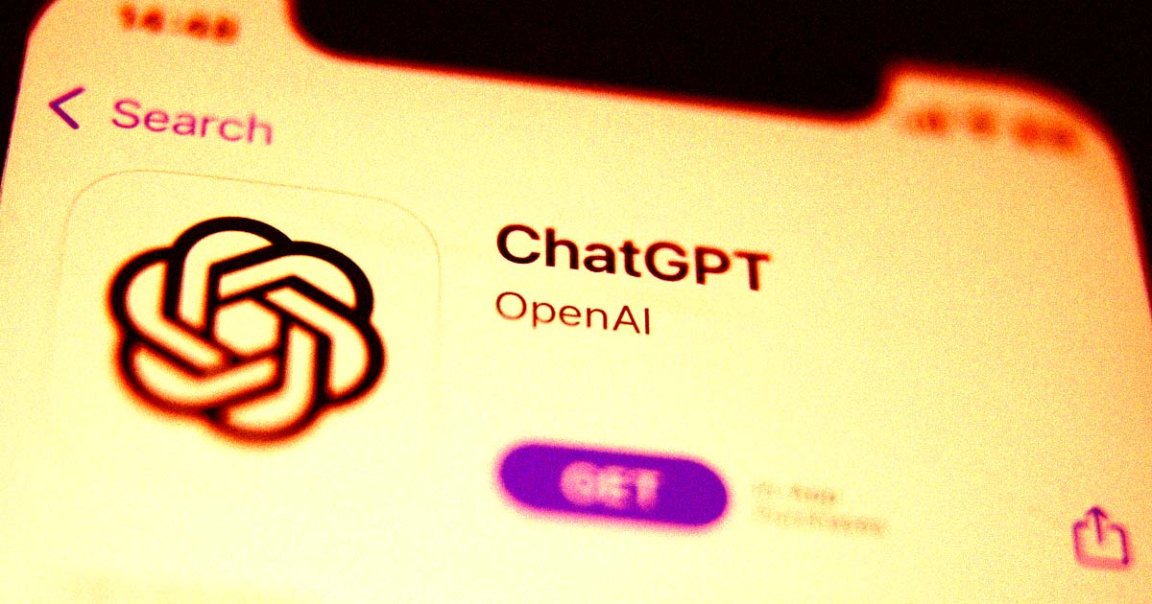
Ice Breaker
It’s an open secret that students are increasingly turning to ChatGPT to generate essays and answers to their homework. Teachers are even starting turning to the tool themselves, using it to grade papers and come up with questions for quizzes.
But the sheer extent to which the tech is invading the classroom is astonishing.
As Business Insider reports, University of Arkansas at Little Rock professor of philosophy Megan Fritts was startled to discover that her students were even using ChatGPT on her very first assignment: a brief chance to “briefly introduce” themselves and “say what you’re hoping to get out of this class.”
Worse yet, the lazy shortcut was for Fritts’ “ethics and technology” course.
“They all owned up to it, to their credit,” she told BI. “But it was just really surprising to me that — what was supposed to be a kind of freebie in terms of assignments — even that they felt compelled to generate with an LLM.”
Chat to GPT You
Instead of revealing what they were actually hoping to get out of the class, the students’ rote AI-generated answers were simple regurgitations of what ethics classes usually entail.
“A lot of students who take philosophy classes, especially if they’re not majors, don’t really know what philosophy is,” she said. “So I like to get an idea of what their expectations are so I can know how to respond to them.”
Fritts was particularly taken aback by the use of large language models (LLMs) in her ethics class.
“At this point LLMs-in-the-classroom apologists should be embarrassed,” she tweeted in a thread that went viral last month. “Students aren’t just using this stuff as a ‘problem-solving tool’ or whatever BS people spout, they’re using it to forget how to talk.”
“Impossible to be pessimistic enough about it to be honest,” she added at the time.
To Fritts, using the tech in a philosophy class completely misses the point of a humanities degree.
“The goal is to create liberated minds — liberated people — and offloading the thinking onto a machine, by definition, doesn’t achieve that,” she told BI.
The hype surrounding AI has breached the borders of Silicon Valley and is starting to pervade the entire educational system. Proponents argue the tech creates more opportunities to learn, while critics remain deeply skeptical.
For students entering the educational system now, it’ll likely become a ubiquitous part of their learning experience.
“The new generations will not be experiencing this technology for the first time,” Fritts told BI. “They’ll have grown up with it.”
“I think we can expect a lot of changes in the really foundational aspects of human agency,” she added, “and I’m not convinced those changes are going to be good.”
More on ChatGPT in the classroom: ChatGPT Use Linked to Memory Loss, Procrastination in Students